Description
“Political Thinkers of Modern India – Asoka Mehta” by Verinder Grover is a captivating biography that delves into the life and achievements of one of India’s most influential political leaders. Asoka Mehta, a towering figure in Indian politics, was pivotal in shaping the country’s post-independence trajectory. In this meticulously researched and thoughtfully written book, Grover offers readers an in-depth exploration of Mehta’s life, highlighting his political ideologies, contributions, and the challenges he faced during his remarkable journey. This book not only serves as a comprehensive biography but also provides valuable insights into the socio-political landscape of India during an era of significant change.
In the first section of the book, Verinder Grover sets the stage by delving into the early life of Asoka Mehta. Born into a prominent political family in British India, Mehta’s upbringing and education laid the foundation for his future political career. Grover carefully traces Mehta’s formative years, exploring his academic pursuits, intellectual influences, and the early experiences that shaped his political convictions.
As the narrative progresses, the reader is taken on a chronological journey through Mehta’s political career. Grover paints a vivid picture of Mehta’s role in the Indian National Congress and his active participation in the freedom struggle. The author provides a detailed account of Mehta’s involvement in key political events, such as the Quit India Movement, and his close association with prominent figures like Mahatma Gandhi and Jawaharlal Nehru.
Furthermore, the book examines Mehta’s significant contributions to post-independence India. Mehta’s visionary ideas and relentless pursuit of social justice led to his instrumental role in the establishment of key institutions and policies. Grover highlights Mehta’s role in shaping India’s economic policies, and rural development initiatives, and his pioneering efforts in education and women’s empowerment.
Verinder Grover’s biography of Asoka Mehta stands out for its comprehensive analysis and evaluation of Mehta’s political ideologies and contributions. Grover presents a balanced perspective, delving into the complexities and contradictions within Mehta’s ideas and actions. The author critically examines Mehta’s advocacy for socialism and the challenges he faced in implementing his vision within the political landscape of post-independence India.
Moreover, Grover’s meticulous research is evident throughout the book. The author draws upon a wide range of primary and secondary sources, including Mehta’s personal letters, speeches, and interviews, to provide a nuanced understanding of his subject. This thorough approach enhances the credibility of the biography and adds depth to the narrative.
The book also sheds light on the personal struggles and sacrifices Mehta endured throughout his political career. Grover captures the emotional and psychological toll of Mehta’s activism, offering readers a glimpse into the human side of a political leader often perceived as a formidable force. This empathetic portrayal allows readers to connect with Mehta on a deeper level, transcending his political persona.
When comparing “Asoka Mehta” with other biographies of Indian political leaders, Grover’s work stands out for its comprehensive coverage and attention to detail. The author’s meticulous research and unbiased analysis make this biography a valuable addition to the genre. While some biographies may focus solely on the political achievements of their subjects, Grover delves into Mehta’s personal life, providing a more holistic understanding of the man behind politics.
Verinder Grover explores several central themes throughout the biography of Asoka Mehta. One prominent theme is Mehta’s unwavering commitment to social justice and egalitarianism. From his early involvement in the freedom struggle to his later efforts in advocating for the rights of marginalized communities, Mehta consistently fought for a more equitable society.
Another theme that emerges is the tension between Mehta’s idealism and the pragmatic realities of politics. Grover delves into the challenges Mehta faced in implementing his socialist ideals within a complex political landscape. This exploration raises thought-provoking questions about the limitations of ideology and the compromises necessary for political progress.
In “Asoka Mehta,” Verinder Grover skillfully portrays not only the central figure of Asoka Mehta but also the supporting characters that played significant roles in his life. From his interactions with political stalwarts like Mahatma Gandhi and Jawaharlal Nehru to his relationships with family members and close friends, the biography presents a rich tapestry of personalities that shaped Mehta’s journey.
The author delves into the motivations, strengths, and weaknesses of these characters, providing readers with a nuanced understanding of their impact on Mehta’s life. Grover’s attention to detail in character development adds depth to the narrative and allows readers to connect with the individuals surrounding Mehta.
About the Author:
Verinder Grover, the author of “Asoka Mehta,” is an accomplished writer and historian with a deep understanding of Indian politics and history. With a career spanning several decades, Grover has written extensively on various aspects of India’s political and social fabric. His expertise and passion for his subject matter shine through in this biography, as he meticulously weaves the intricate details of Asoka Mehta’s life.
Grover’s nuanced approach to research and storytelling demonstrates his commitment to historical accuracy and provides readers with a comprehensive account of Mehta’s life and contributions. As an esteemed scholar, Grover’s authoritative voice lends credibility to the biography and elevates it to a scholarly work of merit.
Verinder Grover’s writing style in “Asoka Mehta” is engaging and accessible, making it suitable for both academic and general readers. The author seamlessly combines historical facts, personal anecdotes, and political analysis, creating a narrative that flows smoothly from one chapter to the next.
Grover’s prose is descriptive yet concise, allowing readers to immerse themselves in the story without getting overwhelmed by excessive detail. The author’s ability to distil complex political concepts into accessible language is commendable, making this biography accessible to readers with varying levels of familiarity with Indian politics.
What People Say About This Book:
“Asoka Mehta” has garnered widespread praise from both critics and readers alike. Renowned historians have hailed Verinder Grover’s biography as a seminal work that fills a significant gap in our understanding of Indian political history. Readers have lauded the book for its meticulous research, engaging narrative, and depth of insights it offers into the life and contributions of Asoka Mehta.
Many readers have expressed their appreciation for Grover’s unbiased and balanced approach, noting that the author presents a comprehensive view of Mehta’s achievements while acknowledging his limitations. This nuanced portrayal has resonated with readers, who appreciate the book’s ability to foster a deeper understanding of the complexities of Indian politics.
- Meticulous research and comprehensive coverage of Asoka Mehta’s life and contributions.
- An engaging narrative style that seamlessly blends historical facts and personal anecdotes.
- Balanced and unbiased analysis of Mehta’s political ideologies and actions.
- A thoughtful exploration of the themes of social justice, idealism, and pragmatic politics.
- The in-depth character development brings both Mehta and the supporting characters to life.


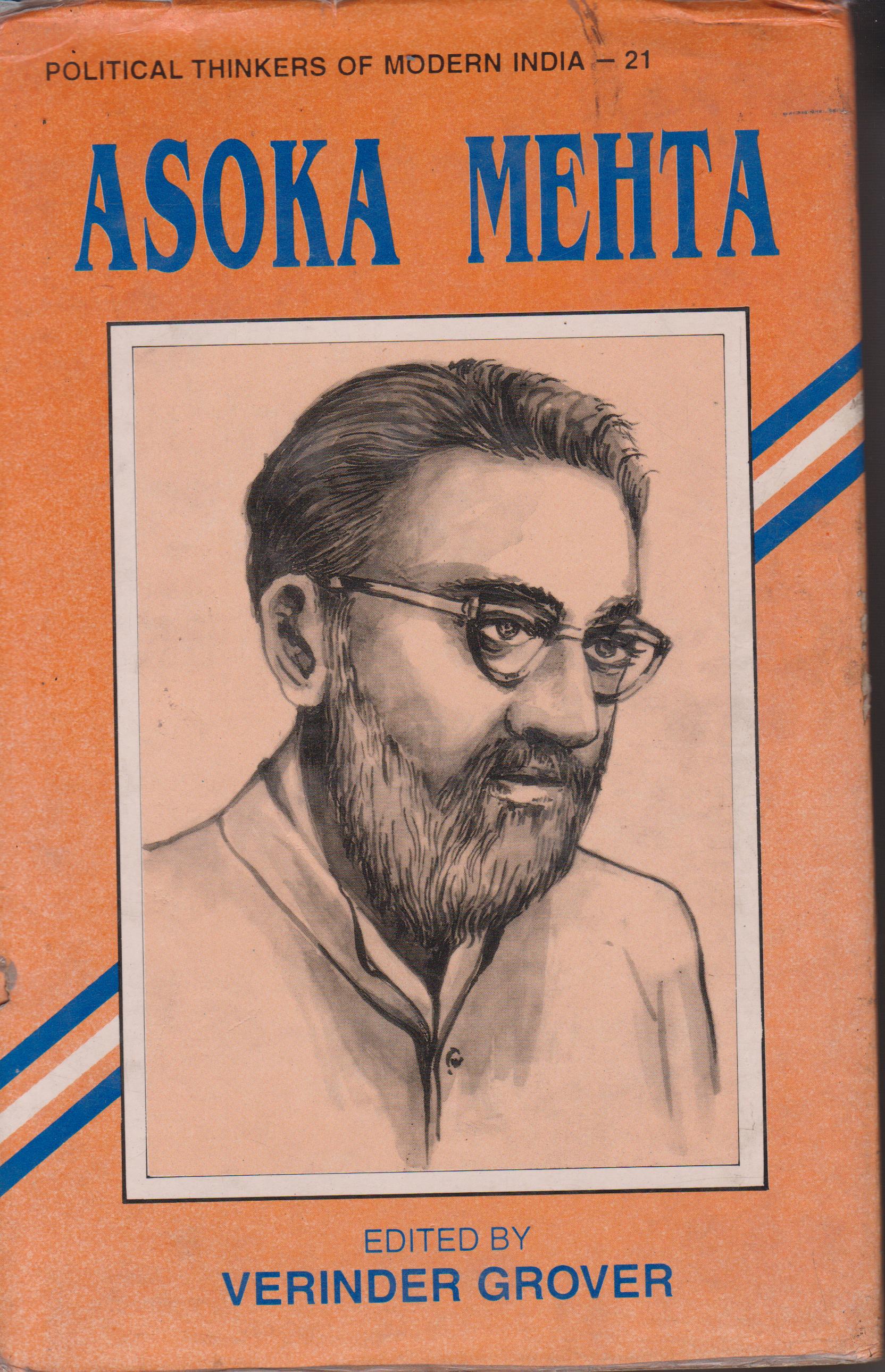
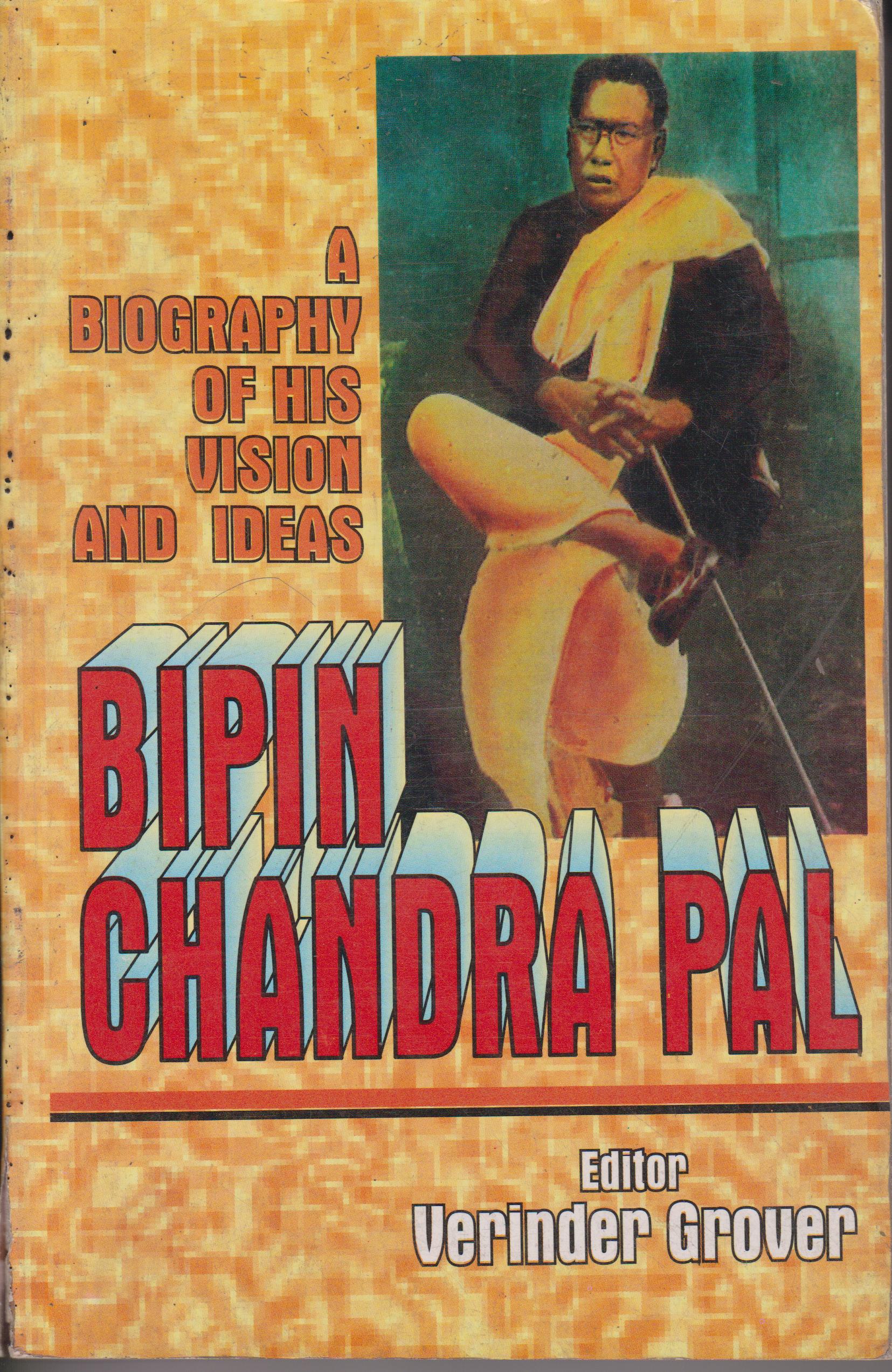
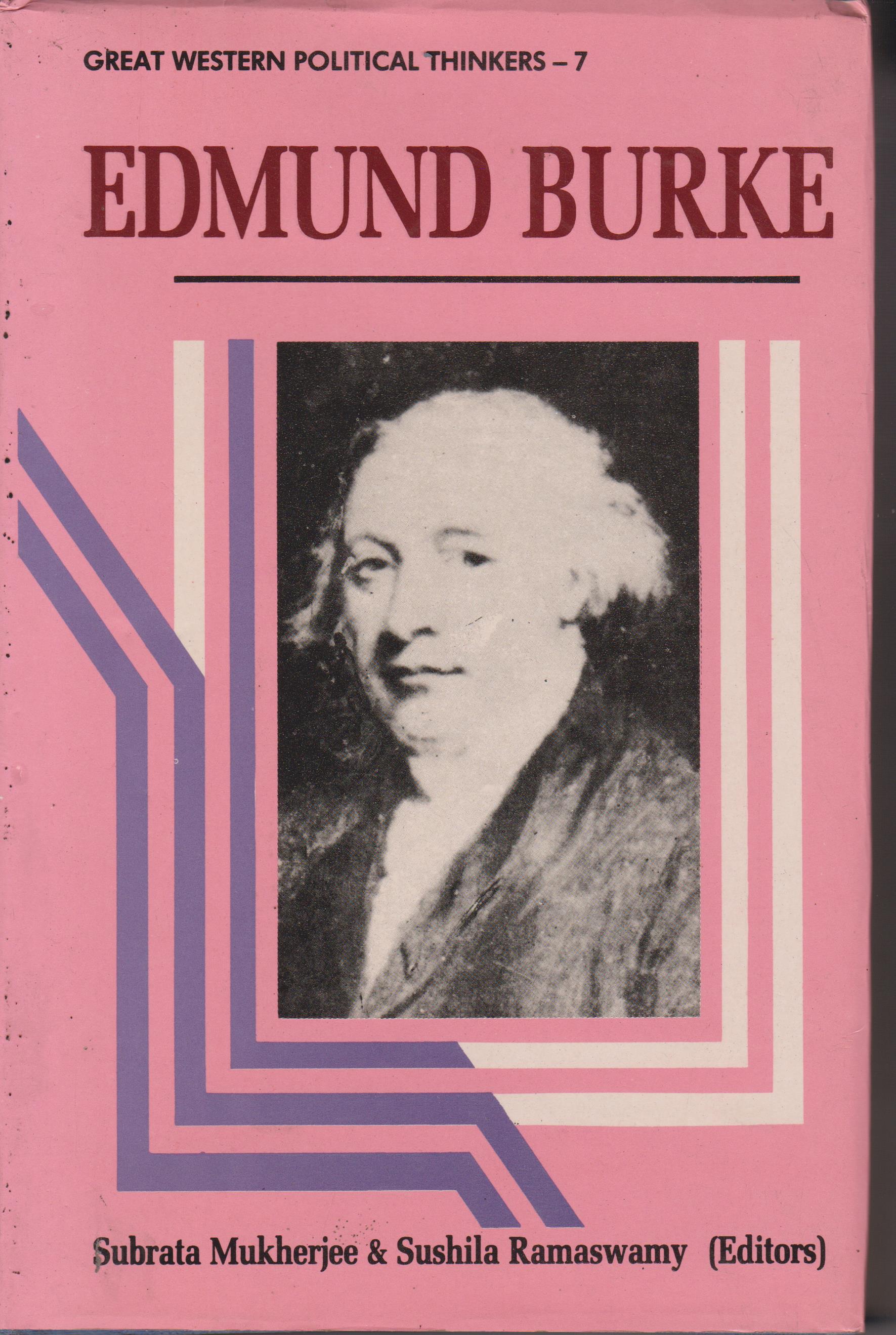
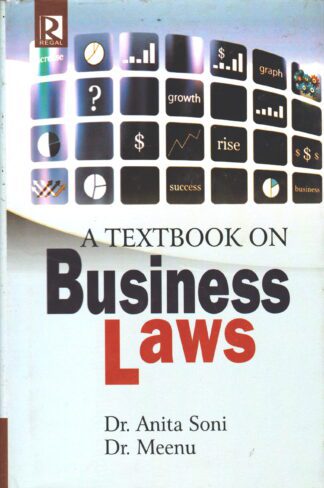
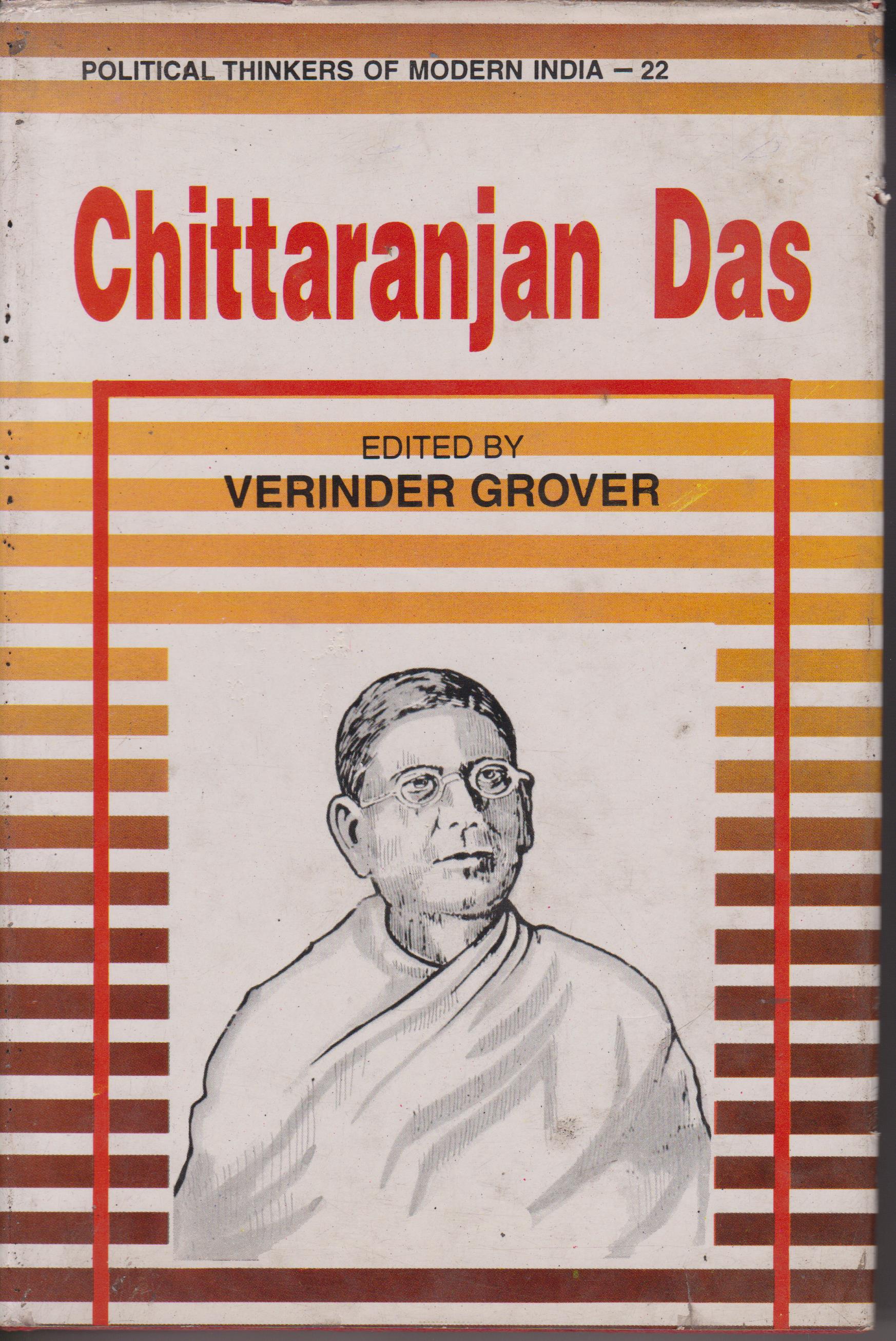
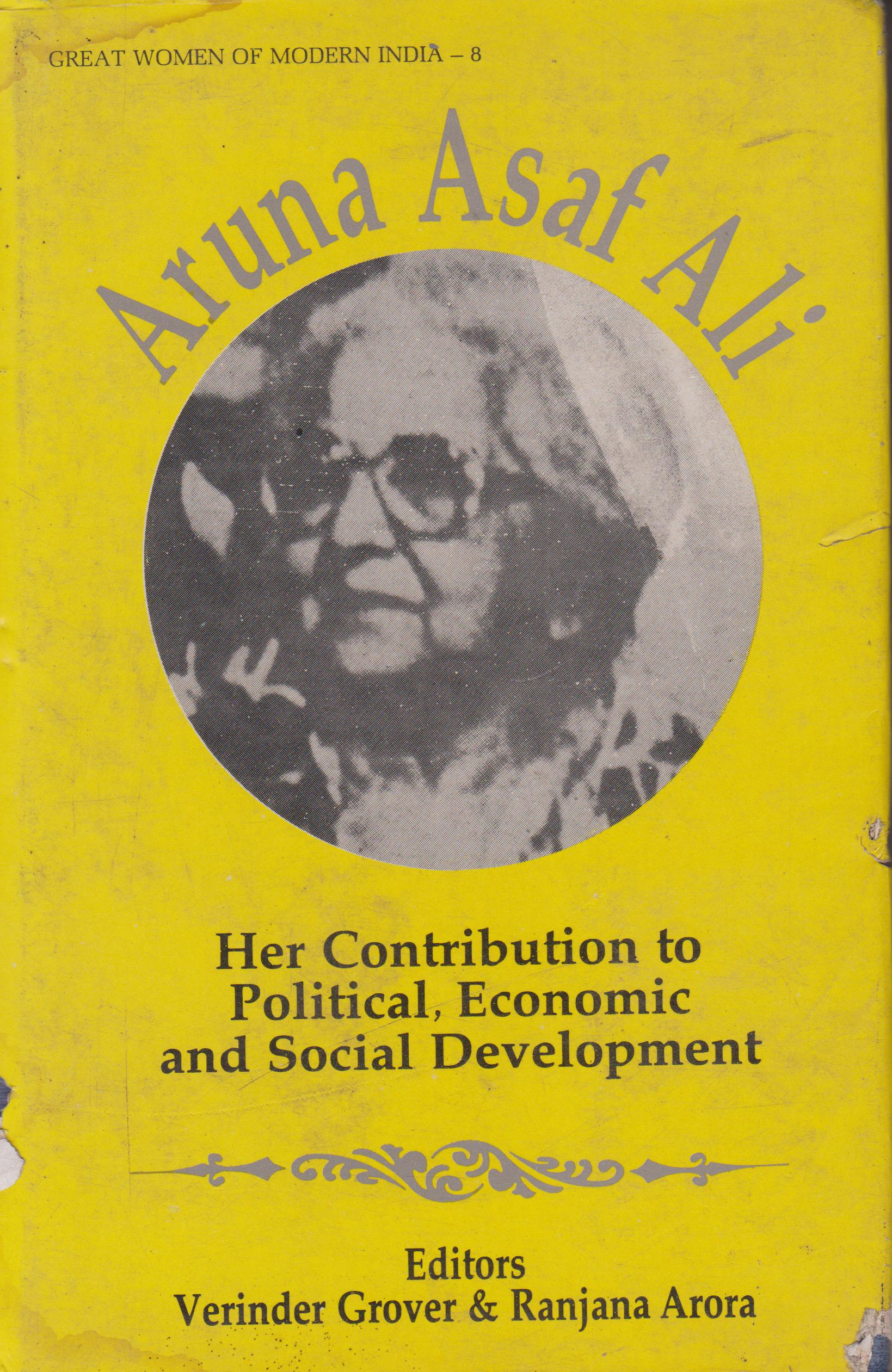
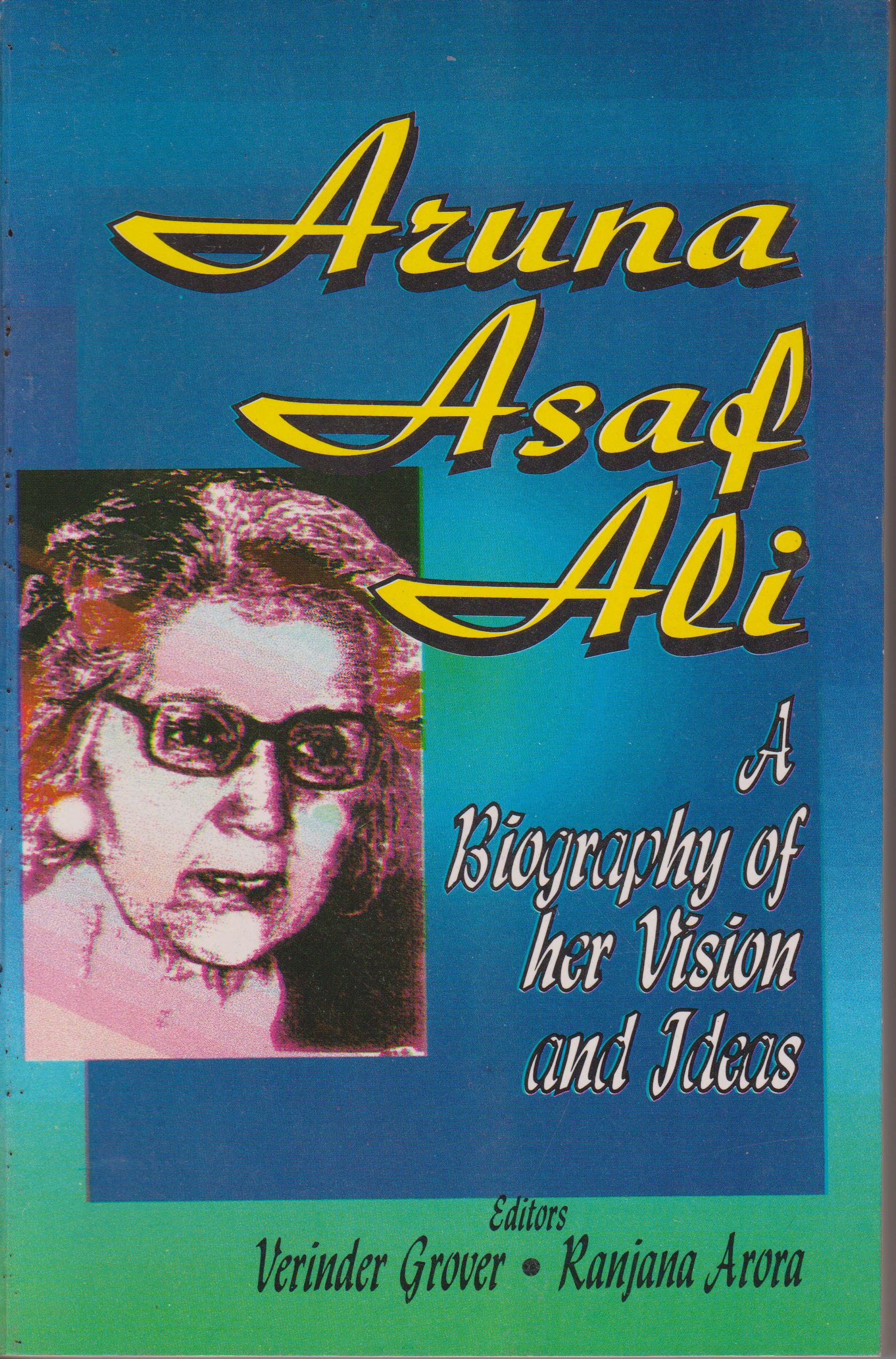
Reviews
There are no reviews yet.